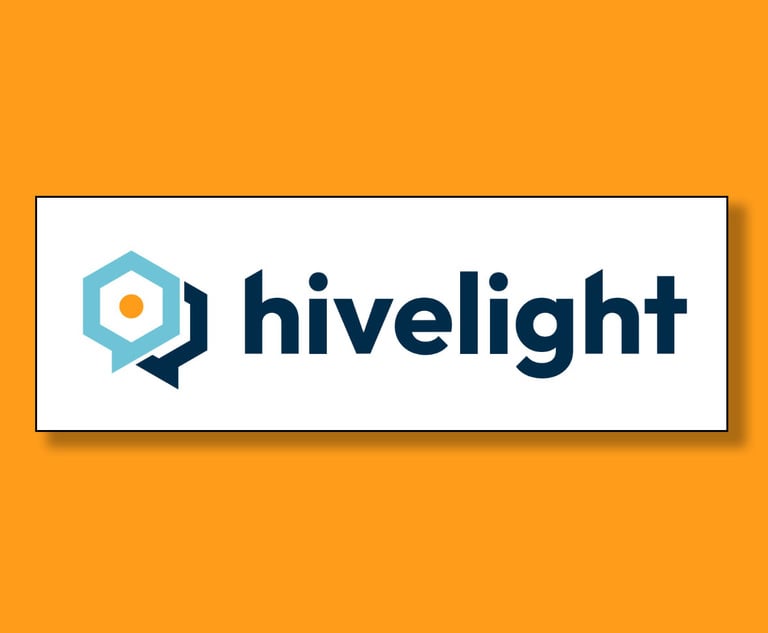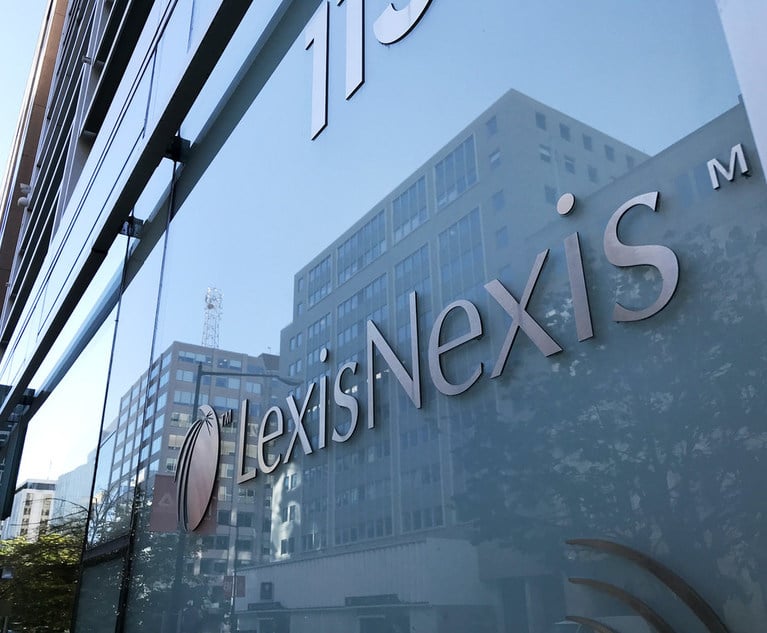A post-COVID-19 world may be paving the way for contract solutions providers looking to enter a crowded e-discovery market that has traditionally been dominated by a series of longstanding incumbents. But while the technology may be in place, contract tech vendors may have trouble replicating the wide breadth of institutional knowledge that e-discovery thrives upon.
However, that doesn’t mean they won’t try. Luminance, for example, rolled out the latest version of its Luminance Discovery platform last month, including 3-D visualizations of data sets and additional integrations with Microsoft. Originally built in 2018, the tool uses the same AI-engine that powers Luminance’s contract due diligence services.


 Photo: Shutterstock
Photo: Shutterstock





